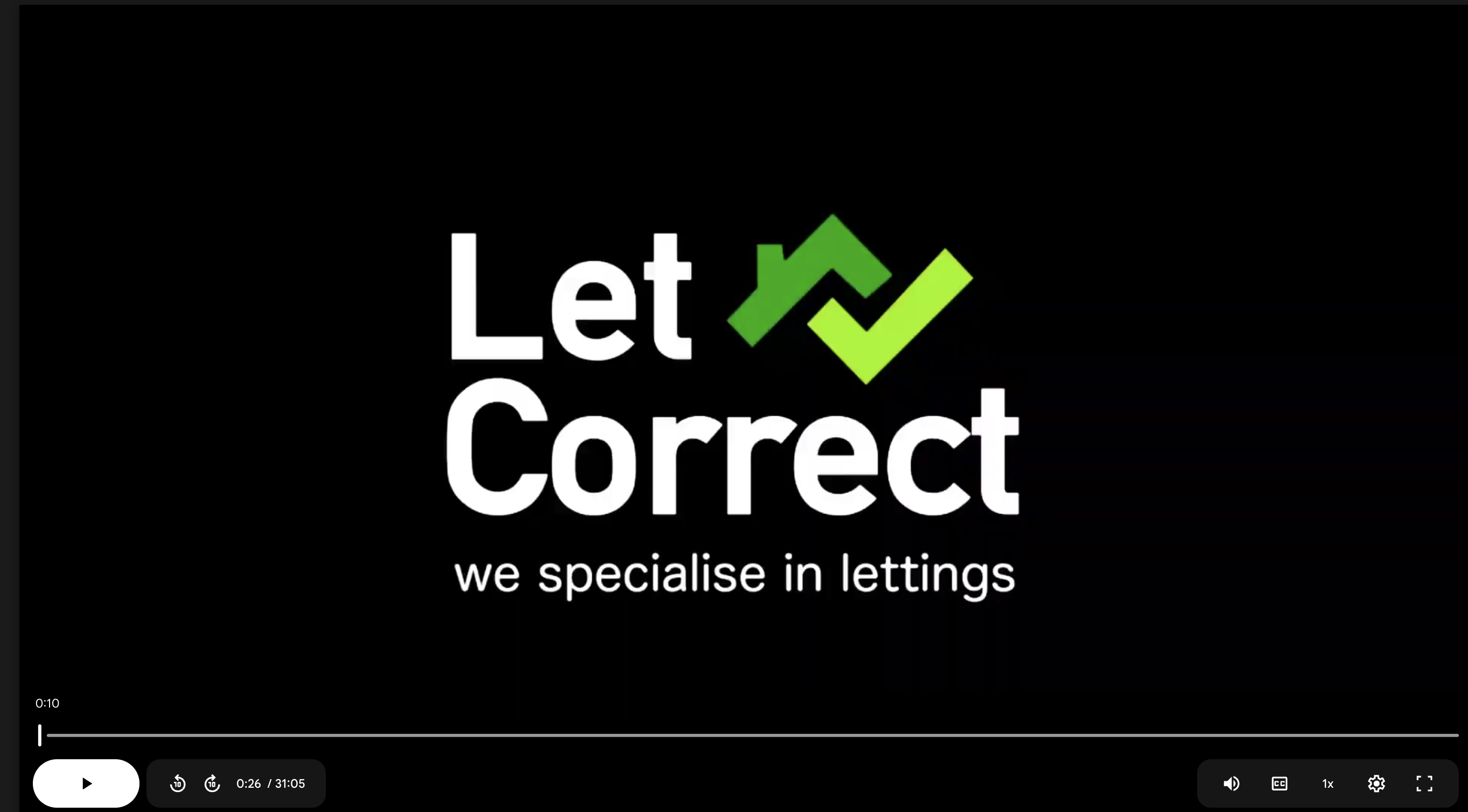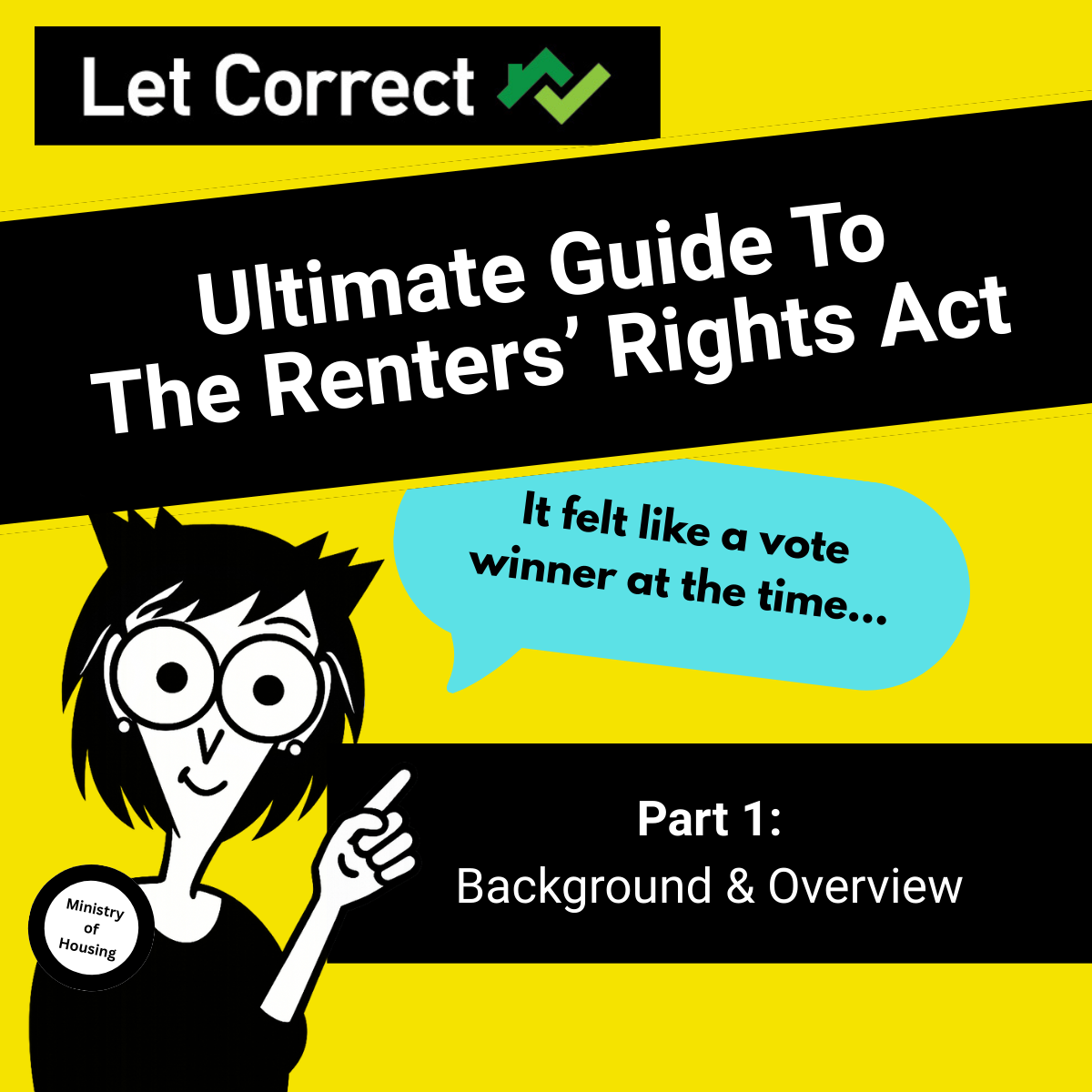Should You Self-Manage Or Use a Letting Agent? Pros, Cons, and Real-Life Case Comparisons
Managing yourself saves fees but costs time; agents add cost but bring ease, compliance and peace of mind. The right choice maximises return.
.png)
The choice between self-managing your rental or handing it over to a letting agent isn’t just a question of cost - it’s about time, temperament, and long-term return. With regulations continuing to evolve and tenant expectations becoming more sophisticated, landlords today face more complexity than ever before.
So, what’s the better path? The answer depends on your situation, but there are key truths that can guide you.
Self-management: Hands-on, high commitment
Managing your own property can seem cost-efficient. You set the rent, meet the tenants, and keep the management fee in your own pocket.
The upsides:
- Direct control over how your property is run and who lives there.
- Potentially higher monthly profit if everything runs smoothly.
- Personal relationships with tenants.
But consider this: self-management isn’t just collecting rent. It’s navigating legislation, handling late-night repairs, and resolving conflicts. Staying compliant with electrical checks, carbon monoxide rules, and Right to Rent laws adds paperwork and time demands.
Letting agents: Cost, but coverage
A reputable letting agent offers more than rent collection. From marketing across portals to pre-qualifying tenants and handling legal documents, they act as a buffer against mistakes.
The benefits:
- Legal compliance managed on your behalf.
- Professionally screened tenants.
- Reduced voids through proactive marketing and networks.
- Maintenance handled without taking over your weekends.
Fees apply, typically a percentage of rent, but for many landlords—especially those with jobs, family, or multiple properties—that cost buys peace of mind and consistency.
The real trade-off: time vs outcome
Ask yourself not just, “Can I manage this?” but “Should I?” Time is valuable. One local property is manageable; multiple or remote properties are a different challenge. A well-chosen agent can often increase your effective yield by reducing voids, ensuring consistent rent collection, and managing renewals smoothly.
Strategic landlords succeed not by doing it all themselves, but by making smart decisions. Whether you manage alone or enlist help, the goal remains the same: a stress-free, income-generating investment that grows in value.
Ready to explore the best-fit option for you? Contact us today



